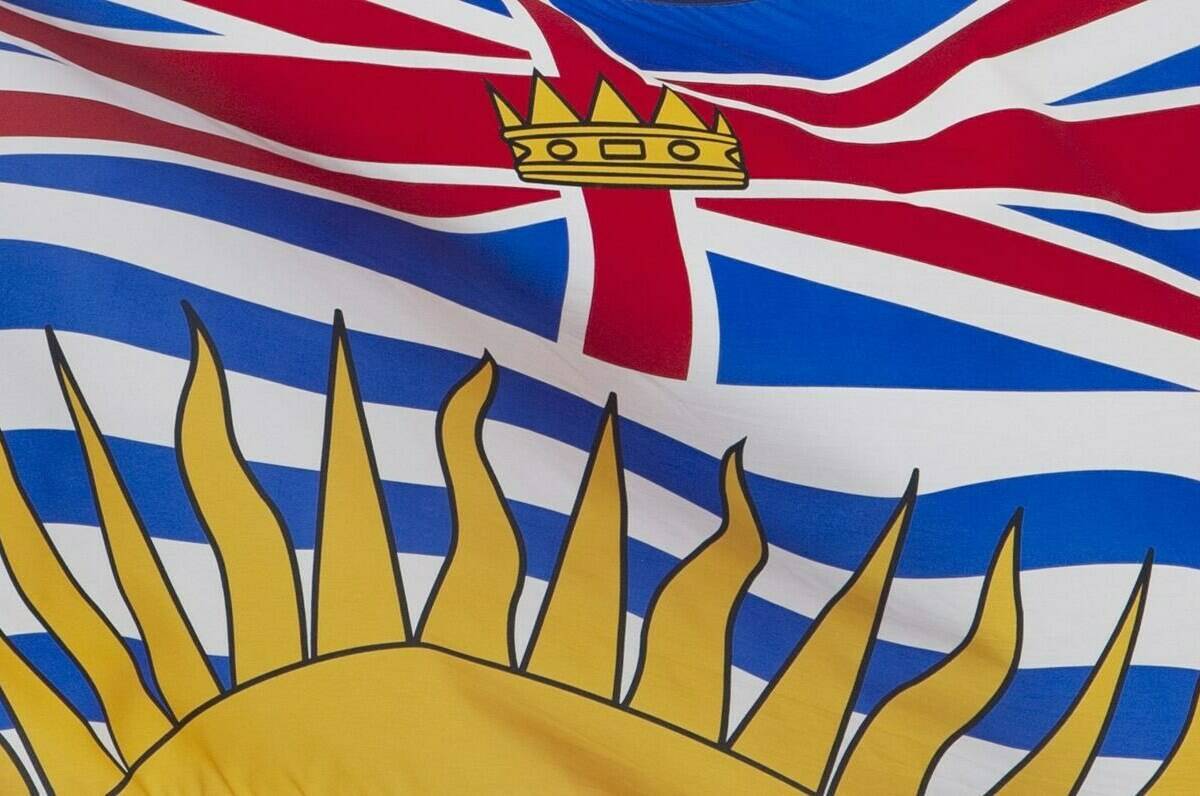British Columbia’s economic recovery last year was stronger than forecast with the province’s audited budget numbers showing a surplus of $1.3 billion, in contrast with an earlier projection of a deficit nearing $10 billion.
Finance Minister Selina Robinson says the province’s economy in 2021-22 outperformed both public and private sector predictions.
The April 2021 budget, delivered during some of the darkest days of the COVID-19 pandemic, originally forecast a deficit of $9.7 billion, but revenues improved throughout the year.
Robinson says the improvement can be attributed to reopening the economy and the resultant increase in tax revenue, one-time federal contributions for COVID-19 and disaster events, higher natural resource revenues, and higher Crown corporation earning, especially at the Insurance Corp. of B.C.
She says in a press release that the “economic strength” demonstrated by the surplus will be put toward new inflation-fighting measures next month.
The province introduced a $60-million education support fund this week to help schools expand meal programs and assist families with school supplies and field-trip costs.
Robinson told a news conference that the “unexpected surplus” was a positive development, but uncertainties ranging from the global economy to COVID-19 and inflation continue to loom.
“Today is different than it was last year and the year before that,” said Robinson.
In the press release, Robinson said that instead of implementing “cuts and austerity” amid the pandemic, the government had opted to invest and that had paid off.
“Last year was an incredibly challenging year for British Columbians with the pandemic, coupled with devastating climate disasters,” she said.
“Through the challenges we’ve faced together, we’ve made record investments to ensure targeted supports were available to those who needed them most and to continue building the services and infrastructure people count on.”
RELATED: B.C. BUDGET: Deficits to rise as COVID-19, rebuilding costs continue

